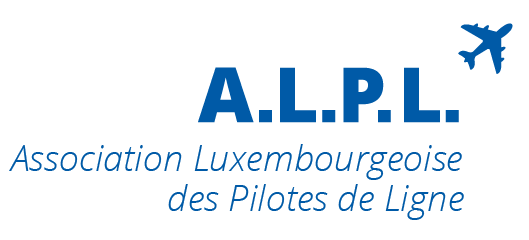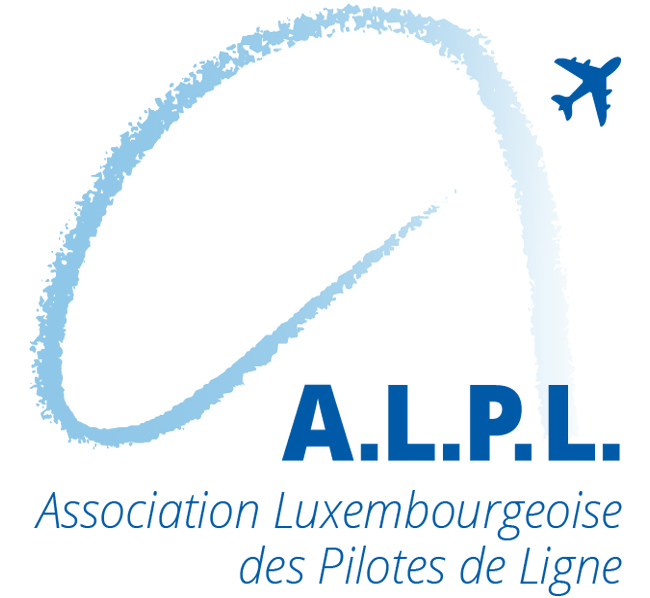Open letter to Commissioners Bulc & Thyssen by the European Cockpit Association (ECA)
Dear Commissioners,
One year ago, we jointly discussed the need to fill the ‘Social Agenda’ chapter of the Commission’s EU Aviation Strategy with concrete life (see here).
One year later, we are still awaiting concrete proposals and initiatives on this Social Agenda. Especially on precarious atypical crew employment, applicable law & jurisdiction, 3rd country crews, and growing social dumping practices.
Social Dialogue – both at national and EU level – has, since then, been mentioned by your services as one of the avenues to accompany urgently needed legislative and regulatory measures.
Social Dialogue, to succeed, must be practiced in a fair, respectful manner and according to set rules. This also applies when one side decides to take legitimate industrial action, abiding by all the rules required for carrying out a legal strike.
Social Dialogue is NOT to potentially sack 100 pilots and 200 cabin crew to de facto punish the Dublin crew base for the strikes that Irish-based pilots are carrying out, and Cabin Crew carried out in Spain, Italy, Portugal & Belgium, last week.
Social Dialogue is NOT to shout ‘hurrah, we signed a recognition agreement with union X, Y or Z’ – but then to drag their feet at the negotiating table for a collective labour agreement, to reject union representatives because they work for ‘competitor’ airlines, to reject demands for a fair seniority agreement, or to reject local law for local contracts for local crew in the country where there are based, live and work.
We call for actions that will address the many social shortcomings and regulatory loopholes in the aviation sector. Loopholes that some players are only too happy to exploit – to the detriment of European aviation workers. But also to the detriment of those airlines that do practice genuine Social Dialogue, employ their employees directly (not via broker agencies or as ‘self-employed’ on zero-hours contracts) and treat them fairly, and who abide by the rules – but who are punished for this ‘out there’ in the market place where other players play a different game.
The current Commission’s term comes to an end next summer. Not much time left. And 2.5 years have already passed since the publication of the Aviation Strategy, in December 2015. But: Still time to act, still time to be bold, still time to show that ‘SOCIAL’ also matters in Europe’s aviation!
We count on you – we count on Europe!
Best regards,
Dirk Polloczek Philip von Schöppenthau
President Secretary General
European Cockpit Association European Cockpit Association
![]() Open letter to Commissioners Bulc, Thyssen on Social Agenda in EU Aviation, ECA 2018
Open letter to Commissioners Bulc, Thyssen on Social Agenda in EU Aviation, ECA 2018




